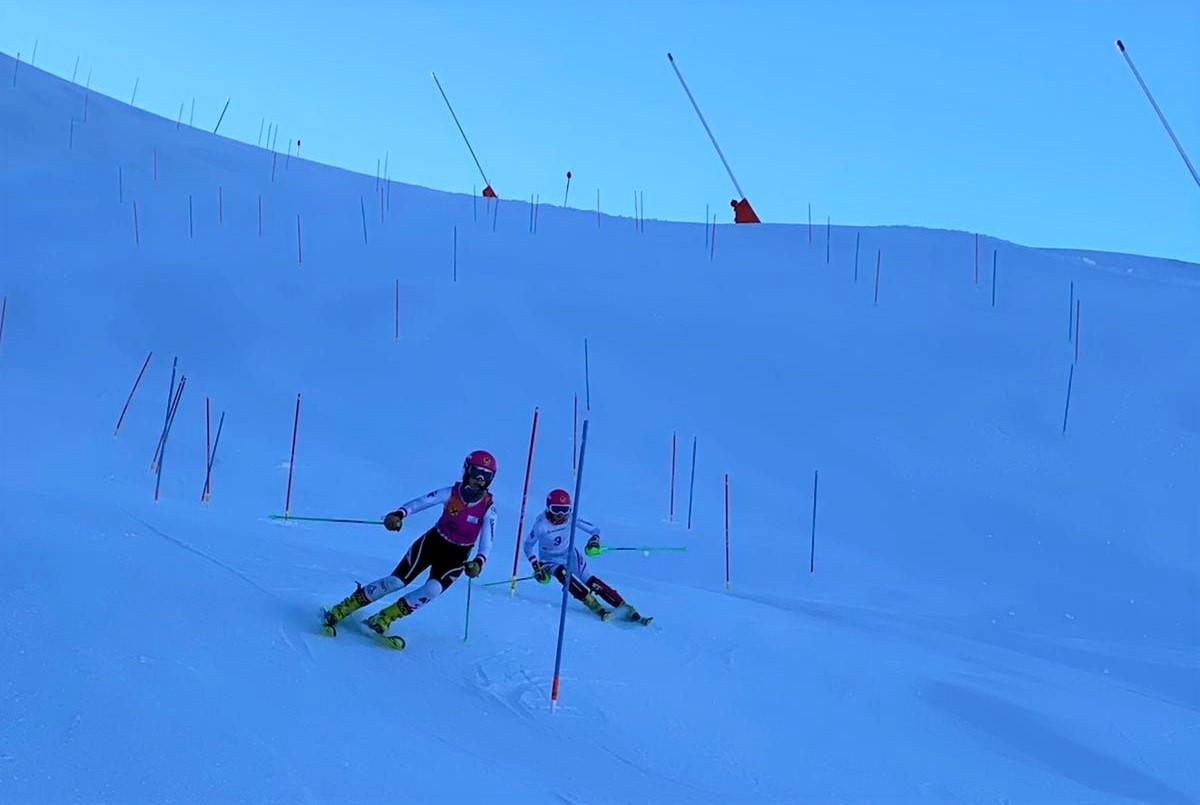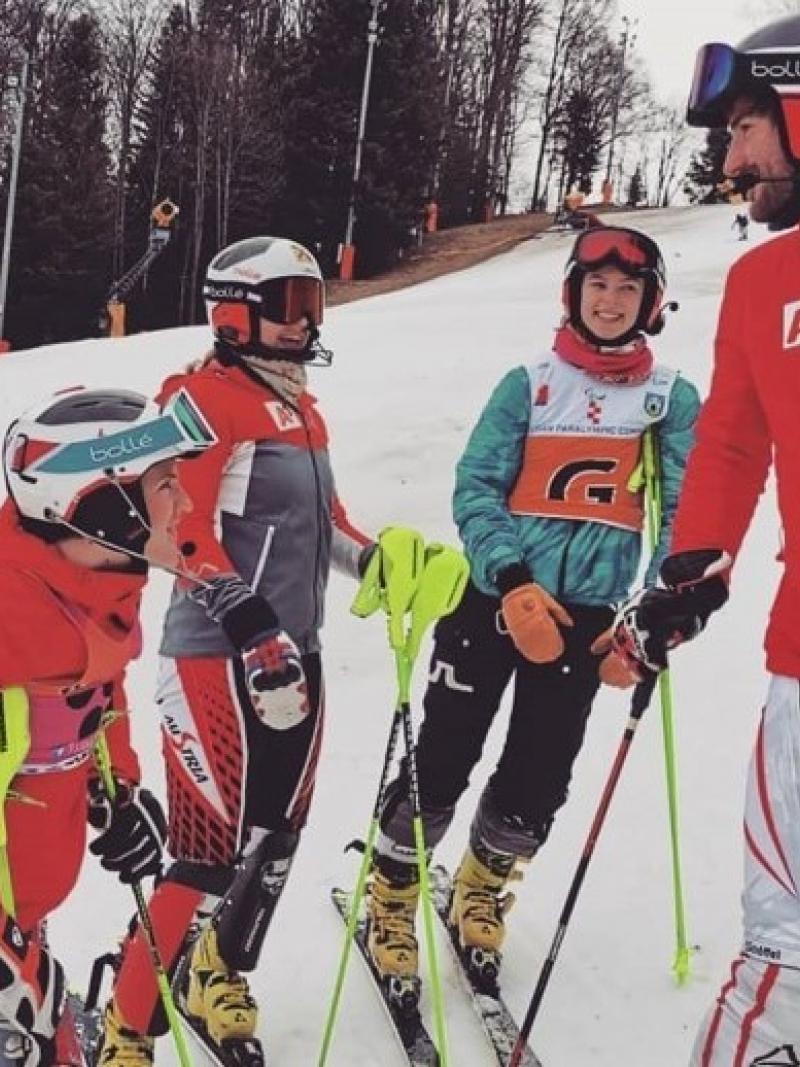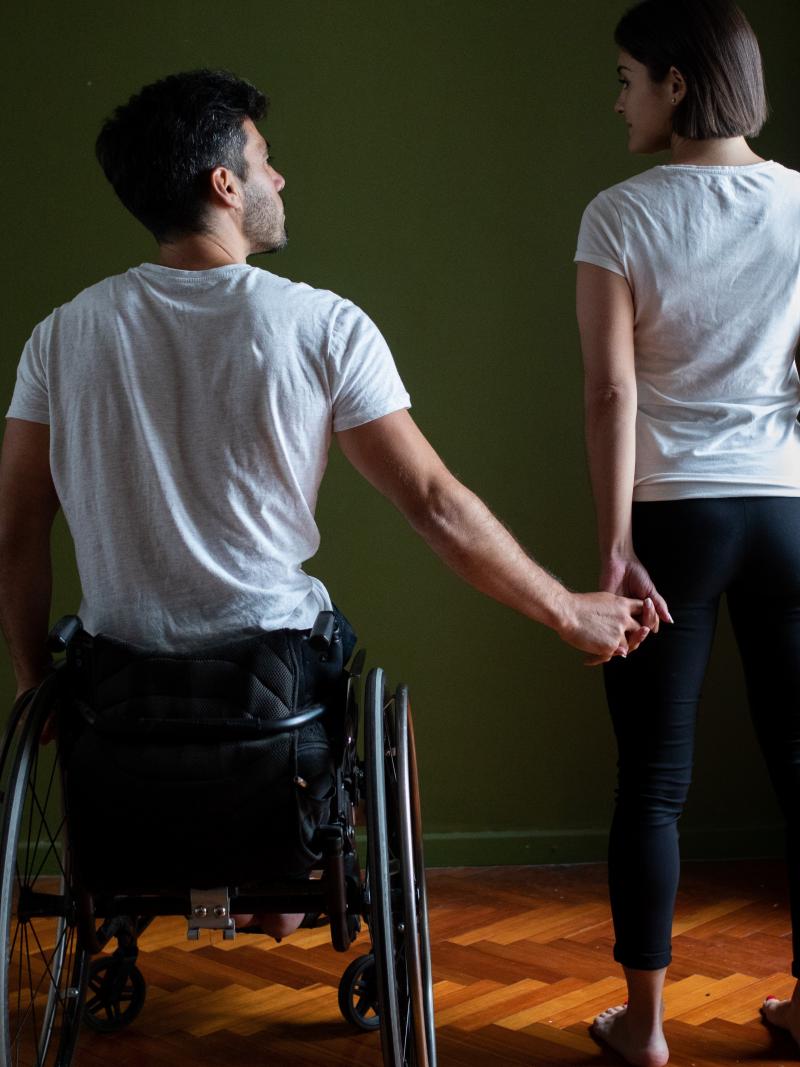Europa Cup races kick off Para alpine skiing season in Austria
Forty-four athletes from 10 nations to take part in competitions in Resterhohe and Kaunertal 26 Nov 2020
The 2020-21 World Para Alpine Skiing season kicks off this week with WPAS and Europa Cup competitions to be held in Resterhohe and Kaunertal, Austria.
Resterhohe will host two WPAS and two Europa Cup slalom races between 26 and 29 November. The teams will then move 215 kilometers east to Kaunertal for two WPAS and two Europa Cup giant slalom races scheduled on 3 and 6 December.
“Our athletes are thrilled to be racing again and it would not have been possible without the great work of the organisers,” said Anja Skutelj, World Para Alpine Skiing Race Director. “I want to thank the Austrian Ski Federation for organising the competitions during these challenging times and helping get the season underway.”
Extensive public health measures will be taken due to COVID-19.
“We are trying hard to start the competitions in Para alpine skiing and yes, it’s pretty tough but we are trying to do it,” said Markus Gutenbrunner, head coach of Austria’s Para alpine skiing team and one of the event organisers.
“Everybody wants to have competitions. Everybody wants to race. A lot of the teams are actually well prepared because they already did a lot of training so it’s in our interest to end the training season and start the competitions,” he added.
Both events require athletes and team staff to show a negative PCR test on arrival. Without it, they will not be allowed to check into the hotel or use the ski lifts.
All event participants and officials will stay in the same hotel to limit contact with outsiders. Social distancing must also be maintained within the bubble. Only teammates will be allowed to share gondolas and sit together at mealtimes, while masks will be mandatory in public areas.
Public skiing is not permitted in Austria as of 3 November, and at least until 6 December. Only professional skiers can continue to train, which means the Europa Cup athletes will not come into contact with tourists.
“It’s a very special situation for us,” Gutenbrunner said. “The Austrian Ski Federation has created safety instructions for everybody on the mountain, in the restaurants and the hotels, so it’s going to be very strict. Everybody has to follow the regulations and obey the rules.”
Forty-four athletes from 10 nations are registered to take part in the first Europa Cup races.
Austria is also set to host the first World Cup races of the 2020-21 season. Two downhill and two super-G races will be held in Saalbach from 11 to 17 January.
Gutenbrunner is confident that the experience of organising races in Resterhohe and Kaunertal will help the Austrian organisers ensure top health standards at the World Cup level as well.
While Austria was in a tight lockdown from 16 March to late April, its skiers were able to resume their training in May and since then follow their original training plan, including three summer training camps in Switzerland.
Now the Austrian team, which includes multiple World Cup winners Veronika Aigner and guide Elisabeth Aigner, is eager to show the results of this training on the race slopes.
“We are really lucky because we got so much good support and it was possible for us to do all our training plans,” Gutenbrunner said. “We are completely ready for the season.”







